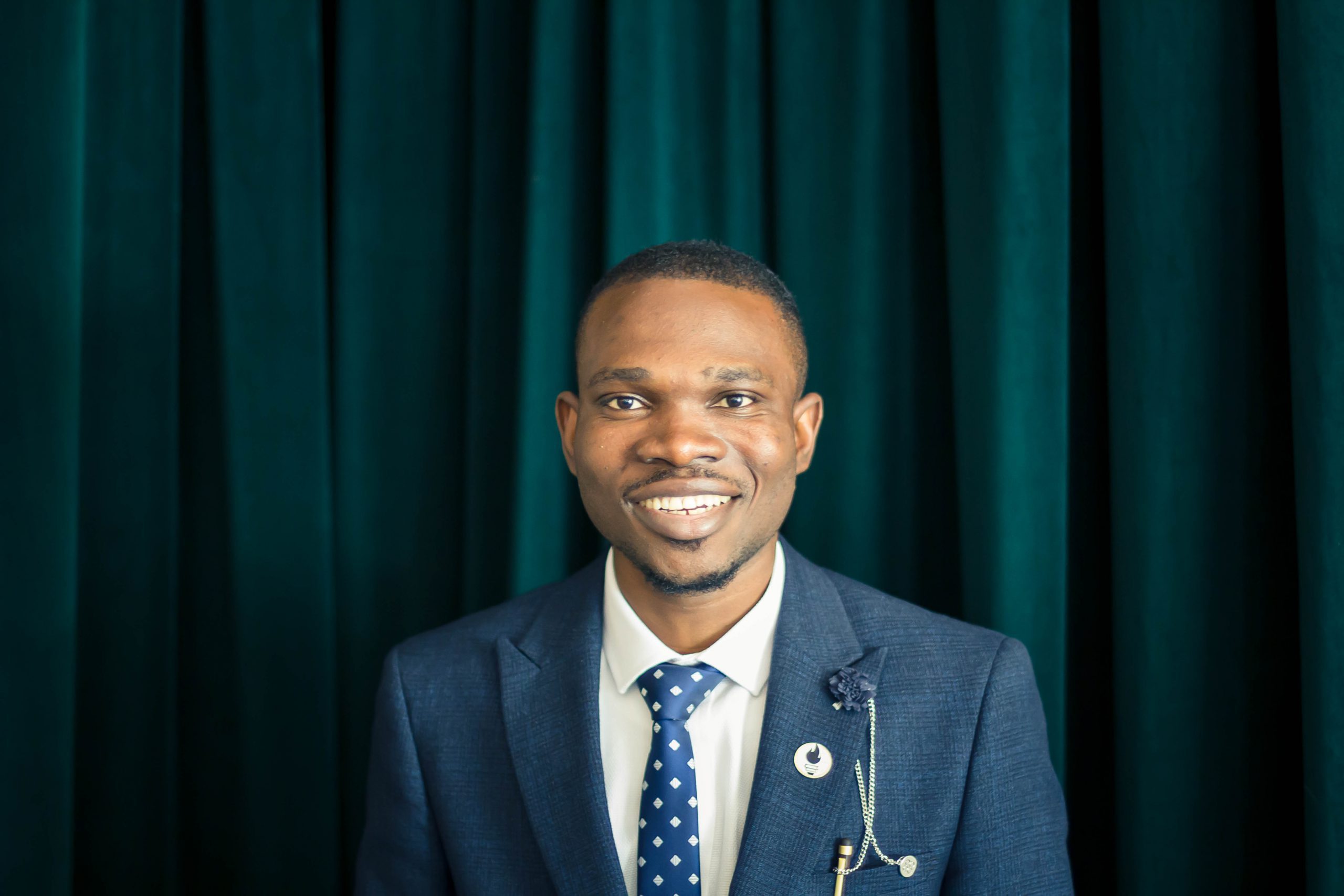Over the past few years, the Chinese Communist Party has continually acted in a hostile and threatening manner towards Canada. Despite these actions, Canada’s government has continued to do business with the oligarchs in Beijing. Perhaps these hostilities have been brushed under the rug because China is Canada’s second largest trading partner and Canada wishes to maintain strong diplomatic ties. However, it is becoming increasingly harder to justify Canada’s soft approach to dealing with China, given their continued acts of aggression.
The deterioration of relations
The downturn in Canada-China relations began in December 2018, when Huawei’s CFO, Meng Wanzhou, was arrested at Vancouver International Airport by the Royal Canadian Mounted Police on charges of “conspiracy to defraud multiple international institutions.” In short, Meng Wanzhou had cleared money from Huawei to a subsidiary, Skycom, in order to subvert sanctions against Iran. By all accounts, this grievance seems completely legitimate on the part of the United States Department of Justice. Thus, justice should be served accordingly.
Less than two weeks later, two Canadians in China, Michael Kovrig and Michael Spavor, were arrested on phony charges of espionage against the Chinese government. Kovrig is a political consultant, serving as senior advisor to the International Crisis Group in North-East Asia, while Spavor is a consultant and director of Paektu Cultural Exchange, an organization that encourages tourism to North Korea. It is important to note that neither of these men had any connection to the Canadian government. They would have no reason to have committed “espionage” against the Chinese regime.
Since then, these two innocent Canadians have been held, without trial, for over 500 days in a Chinese prison with little to no contact with the outside world. The two Michaels, as they have been aptly dubbed by the media, have had very little contact with lawyers or Canadian diplomats in China. It is evident in this instance that the Chinese Communist Party is using hostage diplomacy in order to have Meng Wanzhou extradited to her native China, where she would escape punishment for her actions in attempting to get around sanctions against a hostile power.
In January 2019, the United States Department of Justice formally filed an extradition request in order to have Meng Wanzhou tried under an American court. This was confirmed by the Canadian Department of Justice, and the extradition process began in March of that year. This was followed by numerous extradition hearings in which the Huawei CFO’s lawyers made the case that evidence was being withheld by the RCMP relating to the cause of her arrest in 2018. The case was also made that American sanctions against Iran were not applicable under Canadian law.
Trade wars
In the wake of extradition delays, the Chinese government retaliated against Canada once again, this time by blocking all Canadian canola exports to China. This move on the part of the Chinese government resulted in the loss of over 2 billion dollars worth of trade, and was widely covered by Canadian and international media sources.
This egregious tactic used by China to stifle imports of Canola is nothing short of using economic warfare and threats in order to get their way. After all, Canada is the world’s largest producer of canola products, and China is the world’s second largest importer of canola by a large margin. China sits behind the United States, but far ahead of Mexico, the EU, and India in terms of Canadian canola imports. The blocking of Canadian canola exports has had massive negative effects on the Canadian canola industry. In the midst of this crisis, exports of canola reached their lowest point since 2013.
One year later, in March 2020, the Chinese government agreed to resume importing Canadian canola. This resulted in a resurgence in the industry, and the resumption of an uptrend in Canadian canola exports that began in the early 2000’s. However, the removal of this ban was not politically motivated. It came instead as a result of COVID-19 lockdowns having disrupted farming supply chains, and the global soybean stock being at its lowest point in over a decade.
Bullying tactics
In early 2020, the case of Huawei CFO Meng Wanzhou had yet to be resolved, as legal and administrative disruptions had continually delayed proceedings. In the meantime, China had devised yet another method of bullying the Canadian government into sending Meng Wanzhou back to China: Huawei 5G networks.
China has continually put pressure on Canada to adopt 5G networks serviced by Huawei. At the time of writing, Canada is the only member of the five eyes intelligence network, which also includes the U.S., the U.K., Australia, and New Zealand, not to have made a definitive decision as to whether or not to prohibit Huawei 5G networks.
It is evident that the Liberal government is delaying their decision on the matter as a result of the leverage that China has over Canada in this debacle. In the meantime, Chinese government officials have stated that if Canada were to adopt the Huawei 5G networks and return Meng Wanzhou to China, it would likely increase the chances of the two Michaels being able to return to Canada.
Chinese equipment in Canadian government buildings
Furthermore, it is worth noting that, in July 2020, the Canadian government granted a seven million dollar contract to Nuctech, a Chinese state-owned corporation that supplies security equipment to government offices around the world. Nuctech also happens to be headed by the son of the former Secretary General of the Chinese Communist Party.
In this deal, the company in question will be supplying conveyor-style x-ray machines to over 170 Canadian embassies, consulates, and high commissions around the globe. As such, it should certainly be considered questionable that the Canadian government continues to do business and award contracts to a state that is currently holding two Canadian citizens hostage. It is even more questionable that the government approves the use of equipment supplied by a hostile nation in its buildings. In this instance, it appears as if the Liberal government is attempting to appease the Chinese regime.
At the time of writing, Michael Kovrig and Michael Spavor have been caught in the crossfire, held as political prisoners for almost two years in a Chinese prison, with little to no access to information on the outside world, while Prime Minister Justin Trudeau continually refuses to comment on the matter. At this point in time, it appears as though the Prime Minister is set on appeasing the Chinese government by not challenging them on their use of hostages to further their interests. When should we say that enough is enough? The international community must not sit by and watch as the Chinese Communist Party bullies Canada into caving to their demands.
Canada must play hard ball
Critics of this viewpoint would argue that it is important for Canada to maintain close ties with China. This argument may seem appealing at first, as China’s economy continues to grow and Canada could benefit significantly from an increase in exported goods to China. Many will likely cite the Canada-China FIPA agreement, signed in 2012, which binds the two countries to reciprocal investment “for a minimum of 31 years.” However, while the agreement is binding, it is becoming ever more difficult to ignore the ways in which China is taking advantage of Canada on the world stage.
In addition, it is almost impossible to look past the consistent neglect for fundamental human rights and freedoms displayed by China in recent years. Continuing to cooperate with a state responsible for numerous atrocities such as concentration camps and imprisonment of political opponents would be a sign of gross incompetence and ignorance.
Over the past two years, Canada-China relations have devolved quite rapidly into China using threats against Canadians and Canadian interests, and Trudeau’s government doing whatever it takes to remedy these issues. It is now time to call it as it is; Xi Jinping’s China is not a friend or ally. Cooperation with the Chinese regime and caving to every demand will only make Canada seem weaker on the world stage. Instead, the Canadian government must be willing to stand up against China’s bullying tactics and play hard ball.
To read more about trade and international relations from a pro-liberty perspective, check out our Free Trade Agreements cluster page by clicking on the button below.
This piece solely expresses the opinion of the author and not necessarily the organization as a whole. Students For Liberty is committed to facilitating a broad dialogue for liberty, representing a variety of opinions.







